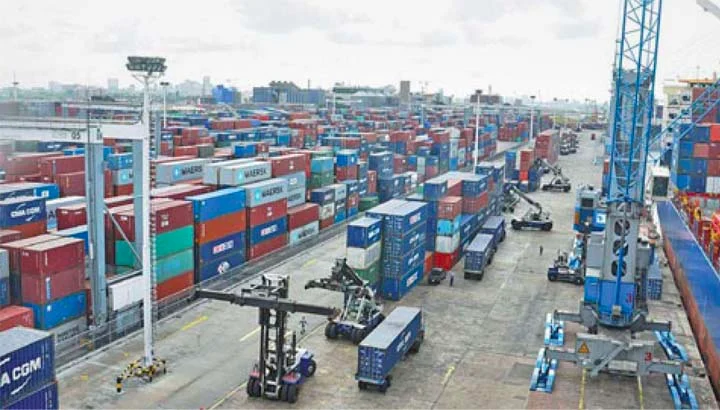Breaking News
African Manufacturers Urge US Congress to Extend AGOA Trade Deal Amid Looming Expiry
African manufacturers are lobbying the US Congress for a last-minute extension of the African Growth and Opportunities Act (AGOA), warning of mass layoffs and tariff hikes if the duty-free trade programme ends in September.

African manufacturers are urging the United States Congress to approve a short-term extension of the African Growth and Opportunities Act (AGOA), a duty-free trade programme set to expire at the end of September, Reuters reports.
The trade initiative, enacted in 2000 under former President Bill Clinton, grants duty-free access to the US market for thousands of African products. However, its future has been clouded by President Donald Trump’s aggressive tariff policies, raising doubts about its renewal.
A delegation from Kenya and four other AGOA beneficiary countries recently traveled to Washington to lobby for a one- to two-year extension. Pankaj Bedi, chairman of apparel maker United Aryan—supplier to US retailers such as Target and Walmart—confirmed the push.
Bedi, who also sits on the Kenya Association of Manufacturers board, said the delegation included private investors and government officials who held more than 30 meetings with lawmakers and aides.
He noted that both Republican and Democratic members of Congress, including staffers for House Speaker Mike Johnson, expressed broad support for AGOA’s renewal. Yet, uncertainty remains over whether Congress can attach the measure to legislation before the deadline.
Without renewal, African manufacturers face steep tariff hikes—synthetic textile duties alone would rise from 10% to 43%.
“It’s like a house of cards that will collapse,” Bedi warned, predicting mass layoffs in the textile industry if AGOA lapses.
The White House and the US Trade Representative’s office have not publicly stated their position on an extension, and Speaker Johnson’s office did not immediately respond to requests for comment.
Bedi cautioned that letting AGOA expire would push US importers back to Asia. “If this is taken away, by default, the business is going to go back to China,” he said.









